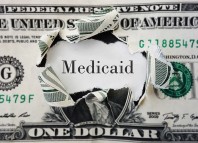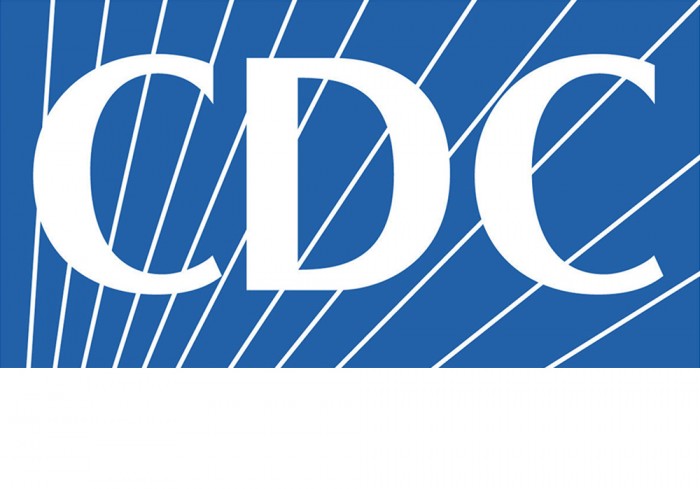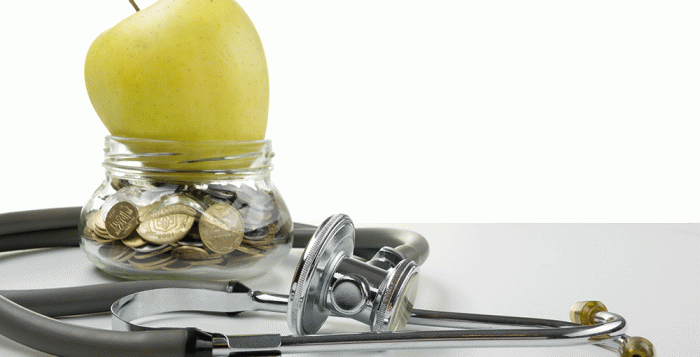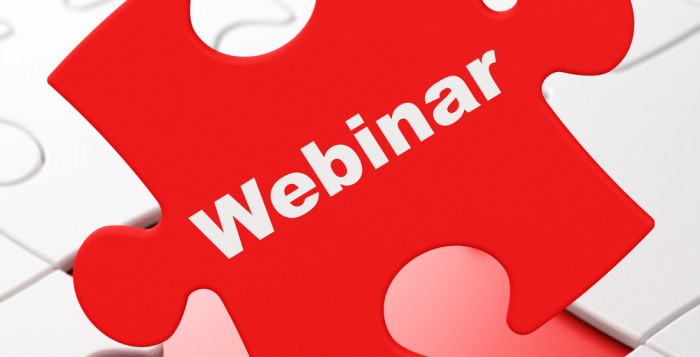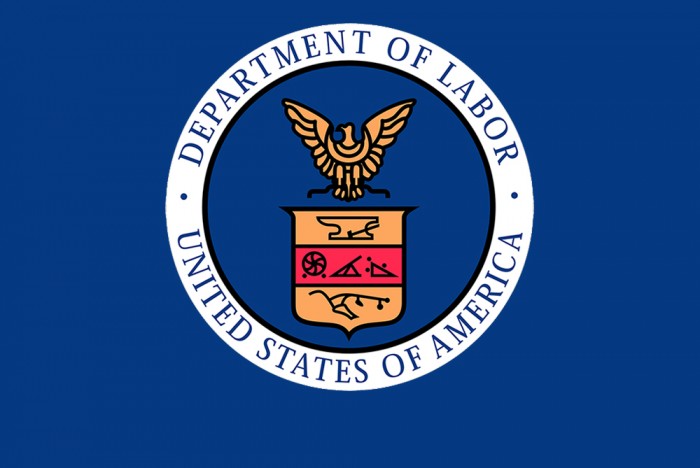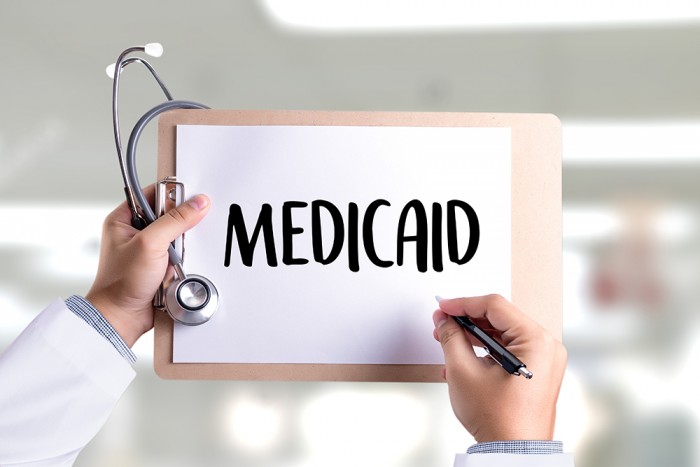CDC Call Planned on COVID-19 & Telehealth Implementation: Stories From the Field
The Centers for Disease Control and Prevention (CDC) Clinician Outreach and Communication Activity (COCA) has announced a call, COVID-19 & Telehealth Implementation: Stories From the Field, for Tuesday, August 4, 2020 from 2:00 pm – 3:30 pm. During this call, presenters will discuss the CDC’s telehealth guidance and telehealth benefits and challenges during and after the COVID-19 pandemic. They will also share their experiences implementing telehealth across diverse healthcare settings and address considerations for its future use. The registration link and call information is located on the COCA call web page.
FAQs for the Medicaid and CHIP Provider Relief Fund Updated
From ACCSES:
The FAQs for the Medicaid and CHIP Provider Relief Fund have been updated to be more inclusive for disability providers. This is the message we received last evening:
“HRSA has clarified one of the FAQs to specifically indicate that disability service providers are eligible:
Are healthcare providers that only bill Medicaid or CHIP through a waiver eligible for the Medicaid, CHIP, and Dental Providers Distribution? (Modified 7/30/2020)
Yes. Healthcare providers that bill for services in Medicaid or CHIP that are covered under either a waiver or state plan, including disability service providers and other providers of Medicaid-funded home and community-based services (HCBS) (e.g., day habilitation, HCBS waiver program services), are eligible for the Medicaid, CHIP, and Dental Providers Distribution if they otherwise meet the other eligibility criteria.”
Here is the link to the FAQs. The Medicaid and CHIP Provider Relief Fund portal closes on Monday, August 3, but if you start your application and are waiting for your Tax Identification Number (TIN) to be approved, you will have time to complete the application after August 3.
Reimbursement for Providers Counseling Patients to Self-Isolate During Testing
Today, the Centers for Medicare and Medicaid Services (CMS) and the Centers for Disease Control and Prevention (CDC) announced that reimbursement is available to physicians and health care providers to use toward counseling patients, at the time of COVID-19 testing, about the importance of self-isolation after they are tested and prior to the onset of symptoms. This is extremely important as studies have shown that the transmission of COVID-19 occurs from both symptomatic, pre-symptomatic, and asymptomatic individuals emphasizing the importance of education on self-isolation as the spread of the virus can be reduced significantly by having patients isolated earlier, while waiting for test results or the onset of symptoms.
Provider counseling to patients, at the time of their COVID-19 testing, will include the discussion of immediate need for isolation, even before results are available, the importance to inform their immediate household that they too should be tested for COVID-19, and the review of signs and symptoms and services available to them to aid in isolating at home. Additionally, they will be counseled that if they test positive, to wear a mask at all times and they will be contacted by public health authorities and asked to provide information for contact tracing and to tell their immediate household and recent contacts in case it is appropriate for these individuals to be tested for the virus and to self-isolate as well.
CMS will use existing evaluation and management (E/M) payment codes to reimburse providers who are eligible to bill CMS for counseling services no matter where a test is administered, including doctor’s offices, urgent care clinics, hospitals, and community drive-thru or pharmacy testing sites.
Additional information and resource links are included in the counseling checklist.
Report: Joint State Government Commission Behavioral Health Needs and System Capacity
House Resolution 268 of 2019 called upon the Joint State Government Commission to conduct, in consultation with an advisory committee, a study of “the impact of this Commonwealth’s current behavioral health needs and behavioral health care system capacity on hospital emergency rooms and patient health.” The advisory committee was composed of representatives of state, county, and local agencies, mental health and substance use disorder providers, consumers of mental health and substance use disorder services, and emergency medical service providers. Recommendations fall into three categories, and are more fully explained in the Summary of Recommendations section of the report. The full Joint State Government Commissions report can be found here. If you have questions or feedback, please contact your RCPA Policy Director.
Providing Remote Employment Services and Employment Supports in the COVID-19 Era
The Association for People Supporting Employment First (APSE) presented a webinar addressing Strategies for Providing Remote Employment Services. The presentation was recorded and is available for viewing.
An additional training webinar is available on Wednesday, August 5: Rethinking Employment Services and Supports in the COVID-19 Era.
Register for the webinar on Wednesday, August 5, at 2:00 pm – 3:30 pm ET
While the COVID-19 pandemic poses many challenges, it is also an opportunity to reimagine many aspects of home- and community-based services (HCBS). In partnership with the U.S. Department of Health and Human Services, Administration for Community Living and Office of the National Coordinator for Health Information Technology (ONC), Mission Analytics is conducting a three-part webinar series to explore how the pandemic offers opportunities to rethink and redesign HCBS.
The COVID-19 pandemic has required many organizations to serve as innovators and inventors, partners, and problem-solvers. In response to the pandemic, many states and intellectual and developmental disabilities (ID/DD) service providers successfully pivoted implementing 1915(c) waiver Appendix K strategies and innovative approaches to ensure continuity in home and community-based services (HCBS), and overall health and safety.
Each webinar in the series will review the Appendix K approaches implemented in state ID/DD waivers, providers’ strategies to deliver services during shelter-in-place and social distancing requirements, and potential changes to ID/DD payment structures that could give providers greater flexibility while promoting independence and inclusion of people with ID/DD.
The first webinar will focus on Supported Employment Services. Topics to be covered in future additional webinars are Day Services and Transportation.
Speakers for the August 5 webinar on Supported Employment Services:
- Peggy O’Brien-Strain, President, Mission Analytics Group, Inc.
- Marian Frattarola-Saulino, Co-Founder/Executive Director, Values into Action
- Gail Godwin, Executive Director, Shared Support Maryland, Inc.
- Duane Shumate, Director of Youth Transition/Employment, Missouri Department of Mental Health Division of Developmental Disabilities
- Arun Natarajan, Senior Policy Analyst, The Office of the National Coordinator for Health IT, U.S. Department of Health and Human Services
After registering, you will receive a confirmation email containing information about joining the webinar. For more information, please send questions via email.
Updated Guidance from US Department of Labor’s Wage and Hour Division
From ACCSES:
The US Department of Labor’s Wage and Hour Division (WHD) announced additional guidance to provide information to workers and employers about how the requirements and protections of the Fair Labor Standards Act (FLSA), the Family and Medical Leave Act (FMLA), and the Families First Coronavirus Response Act (FFCRA) impact the workplace as America continues to reopen. The new guidance provides plain-language questions and answers addressing critical issues under all three laws.
This guidance adds to a growing list of compliance assistance materials published by WHD, including a Fact Sheet for Employees, a Fact Sheet for Employers, and a Questions and Answers resource about paid sick and expanded family and medical leave under the FFCRA. Available guidance also includes two posters, one for federal workers and one for all other employees, that fulfill notice requirements for employers obligated to inform employees about their rights under the FFCRA. The guidance also includes Questions and Answers about posting requirements and simple Quick Benefits Tips to determine how much paid leave workers may take under the FFCRA.
WHD provides additional information on common issues employers and employees face when responding to COVID-19 and its effects on wages and hours worked under the Fair Labor Standards Act and job-protected leave under the Family and Medical Leave Act.
Governor Signs Act 71 – Affecting Nonprofits and Donors
Concerns Regarding the Medicaid & CHIP Provider Relief Fund Portal
Advocacy organizations ACCSES, ANCOR, APSE, The ARC, Easterseals, United Cerebral Palsy, and Goodwill International joined forces to send a letter to Health and Human Services Secretary Alex Azar, to express concerns regarding the difficulties providers are experiencing in applying for funds to assist with COVID related impact on their financial stability.
The Medicaid & CHIP Provider Relief Fund Portal closes on August 3, 2020, and as long as a provider inputs their TIN by the end of the day August 3 and is awaiting confirmation, that provider will still be able to submit the completed application when the TIN is approved. The FAQ document continues to be updated, so it is recommended that providers who have not yet applied review the FAQs again. ACCSES provided highlights of some of the relevant language:
“Patient care” means health care, services and supports, as provided in a medical setting, at home, or in the community to individuals who may currently have or be at risk for COVID-19, whereby HHS broadly views every patient as a possible case of COVID-19.
What is meant by “applicant type” in field 5 on the Enhanced Provider Relief Fund Portal? (Added 7/22/2020)
An Applicant Type Code is a two-character series of letters that generally summarizes an organization’s purpose. Enter the single code that best describes your organization from the following list:
| Applicant Type Code | Description |
| AG | Agencies (ex. foster care, PACE, developmental disabled services, etc.) |
| BE | Behavioral Health (Outpatient) |
| CA | Case Management |
| CL | Clinic/Center |
| CO | Community-based Social Support Providers |
| DE | Dental Services |
| EM | Emergency |
| HO | Home Health |
| HS | Hospital |
| NO | Non-emergency Medical Transport |
| NU | Nursing Service Providers |
| OB | Obstetrics / Gynecology |
| OP | Other Physician |
| PE | Pediatrics |
| PP | Primary Care Physician |
| RF | Residential Facilities |
| RB | Residential Facilities (Behavioral) |
| SA | Substance Abuse (Rehabilitation) |
| OT | Other |
Home- and Community-Based Service (HCBS) provider applicants should categorize personal care services as “Other,” code OT. Intermediate Care Facilities for Individuals with Intellectual Disabilities (ICF/IID) applicants should categorize their services as “Residential Facilities,” code RF.
Are healthcare providers that only bill Medicaid or CHIP through a waiver eligible for the Medicaid, CHIP, and Dental Providers Distribution? (Added 6/30/2020)
Yes. Healthcare providers that bill for services in Medicaid or CHIP that are covered under either a waiver or state plan are eligible for the Medicaid, CHIP, and Dental Providers Distribution if they otherwise meet the other eligibility criteria.
Additionally, ANCOR has developed an Infographic that outlines the process for applying for the grants. We will continue to advocate for clarity for providers to assist in accessing the available resources.
Appendix K Update for General Audiences
Friday, August 7, 3:00 pm – 4:00 pm
During emergency situations, Appendix K may be utilized to request amendments to any or all of the state-approved Medicaid waivers. The requested amendments are used so that the state may respond to the emergency. Appendix K may also be applied retroactively, if needed. This webinar provides information on the 2nd Appendix K Amendment that was approved on July 23, 2020.




